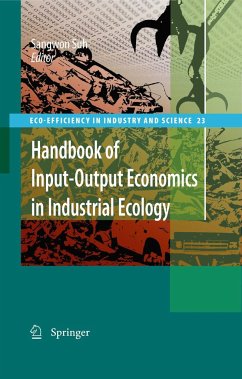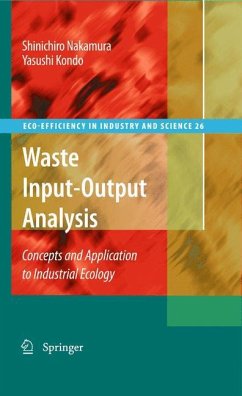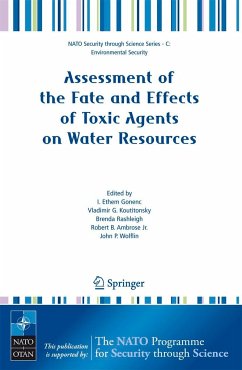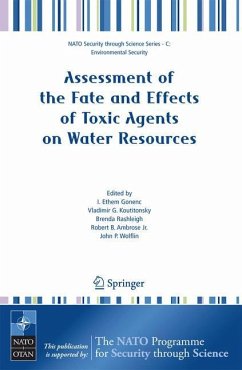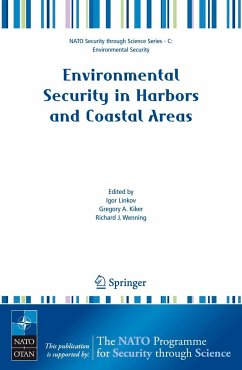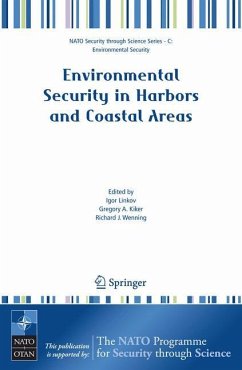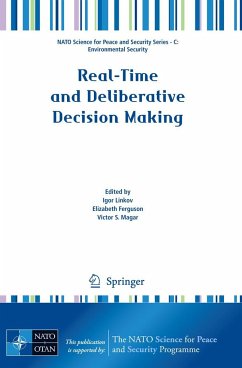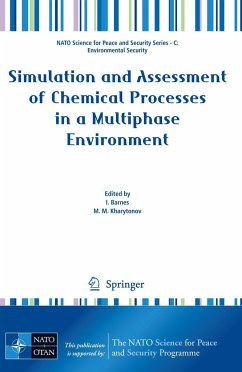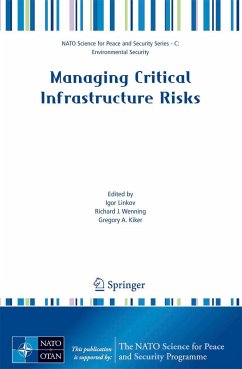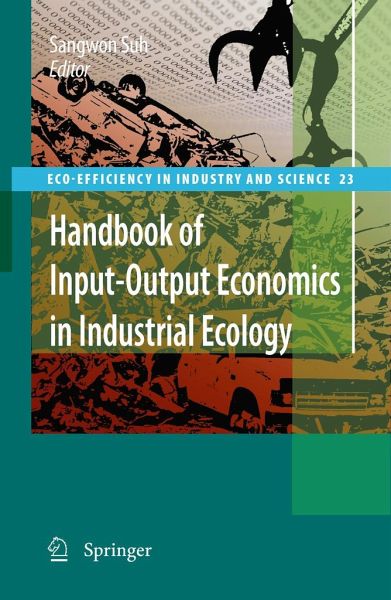
Handbook of Input-Output Economics in Industrial Ecology

PAYBACK Punkte
175 °P sammeln!
Industrial Ecology (IE) is an emerging multidisciplinary field. University departments and higher education programs are being formed on the subject following the lead of Yale University, The Norwegian University of Science and Technology (NTNU), Leiden University, University of Michigan at Ann Arbor, Carnegie Mellon University, University of California at Berkeley, Institute for Superior Technology in Lisbon, Eidgenössische Technische Hochschule (ETH) Zürich, and The University of Tokyo. IE deals with stocks and flows in interconnected networks of industry and the environment, which relies ...
Industrial Ecology (IE) is an emerging multidisciplinary field. University departments and higher education programs are being formed on the subject following the lead of Yale University, The Norwegian University of Science and Technology (NTNU), Leiden University, University of Michigan at Ann Arbor, Carnegie Mellon University, University of California at Berkeley, Institute for Superior Technology in Lisbon, Eidgenössische Technische Hochschule (ETH) Zürich, and The University of Tokyo. IE deals with stocks and flows in interconnected networks of industry and the environment, which relies on a basic framework for analysis.
Among others, Input-Output Analysis (IOA) is recognized as a key conceptual and analytical framework for IE. A major challenge is that the field of IOA manifests a long history since the 1930s with two Nobel Prize Laureates in the field and requires considerable analytical rigor. This led many instructors and researchers to call for a high-quality publication on the subject which embraces both state-of-the-art theory and principles as well as practical applications.
Among others, Input-Output Analysis (IOA) is recognized as a key conceptual and analytical framework for IE. A major challenge is that the field of IOA manifests a long history since the 1930s with two Nobel Prize Laureates in the field and requires considerable analytical rigor. This led many instructors and researchers to call for a high-quality publication on the subject which embraces both state-of-the-art theory and principles as well as practical applications.



